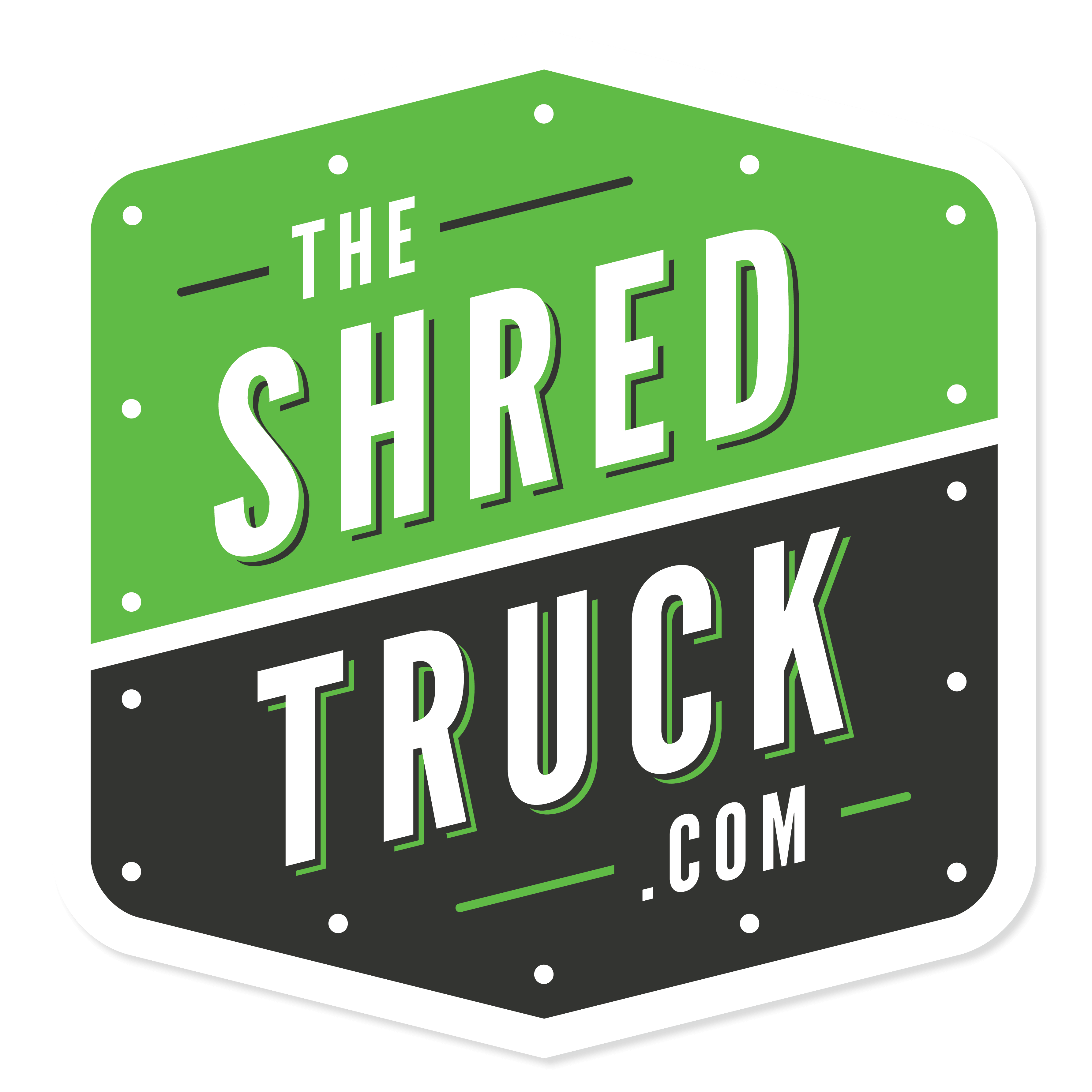Six Key Documents Types to Shred for Identity Theft Prevention
February 6, 2024
by The Shred Truck
Whether we like it or not, information is power and identity theft is a growing concern. To protect your sensitive data, it’s critical to take every precaution possible. One way to do this is by shredding specific documents that could be gold mines for potential identity thieves. However, many people often find themselves unsure about which documents to shred and when. To guide you in this crucial task, we’ve put together a handy list of six key types of documents you should consider shredding for identity theft prevention.
1. Financial Statements
Financial statements, such as bank statements, credit card bills, and investment account reports, are rich with personal details. These documents contain your account numbers, transaction history, and sometimes even your social security number. By shredding these papers, you prevent potential thieves from gaining access to this valuable information, thus protecting your financial security.
2. Tax Documents
Tax-related documents are another category that needs careful handling. Once you have filed your taxes and don’t require the supporting documents for future reference, it’s time to shred them. This includes W-2 forms, 1099 forms, and tax receipts. These documents contain confidential information such as your income details and social security number, which are goldmines for identity thieves.
3. Medical Records
Medical records and insurance documents are privy to your most intimate details. From your health conditions to insurance policy numbers, these documents carry information that can lead to medical identity theft. Shredding old medical bills, health insurance statements, and prescription receipts can save you from potential fraud.
4. Unsolicited Credit Card Offers
We often discard unsolicited credit card offers or loan pre-approvals that come via mail without a second thought. However, an identity thief can use these documents to open a credit card or loan account in your name, causing significant damage to your credit score. So, make sure to shred these documents before disposal.
5. Expired Identification Documents
Expired identification documents like old passports, driver’s licenses, and state ID cards should also be shredded. These contain personal information, including your photograph, that can be misused if they get into the wrong hands.
6. Personal Mail and Old Receipts
While personal mail and old receipts may seem harmless, they often contain enough personal details to provide a starting point for identity thieves. It’s always better to err on the side of caution and shred these documents instead of simply tossing them in the trash.
Conclusion
We can’t stress enough how crucial it is to get rid of important papers the right way. Whether you’re an individual or a business, attempting to shred these documents yourself at home or in the office could leave behind sensitive information, potentially leading to identity theft. The best way to avoid this is to let the professionals handle it. Not only do these shredding services provide peace of mind by ensuring the complete destruction of data, but they also adhere to responsible recycling practices, contributing to environmental sustainability.
Ensure Your Privacy: Opt for Secure Document Shredding Today
Now that you know the types of documents to shred, it’s time to take action. At The Shred Truck, we understand the importance of protecting your personal information and are committed to providing secure, reliable, and convenient document shredding services.
Don’t leave your sensitive documents to chance. Let us take care of your document disposal needs so you can rest easy knowing your personal information is safe. Reach out to us today to schedule a shredding service or learn more about how we can help protect you from identity theft. Remember, your security is our priority.
